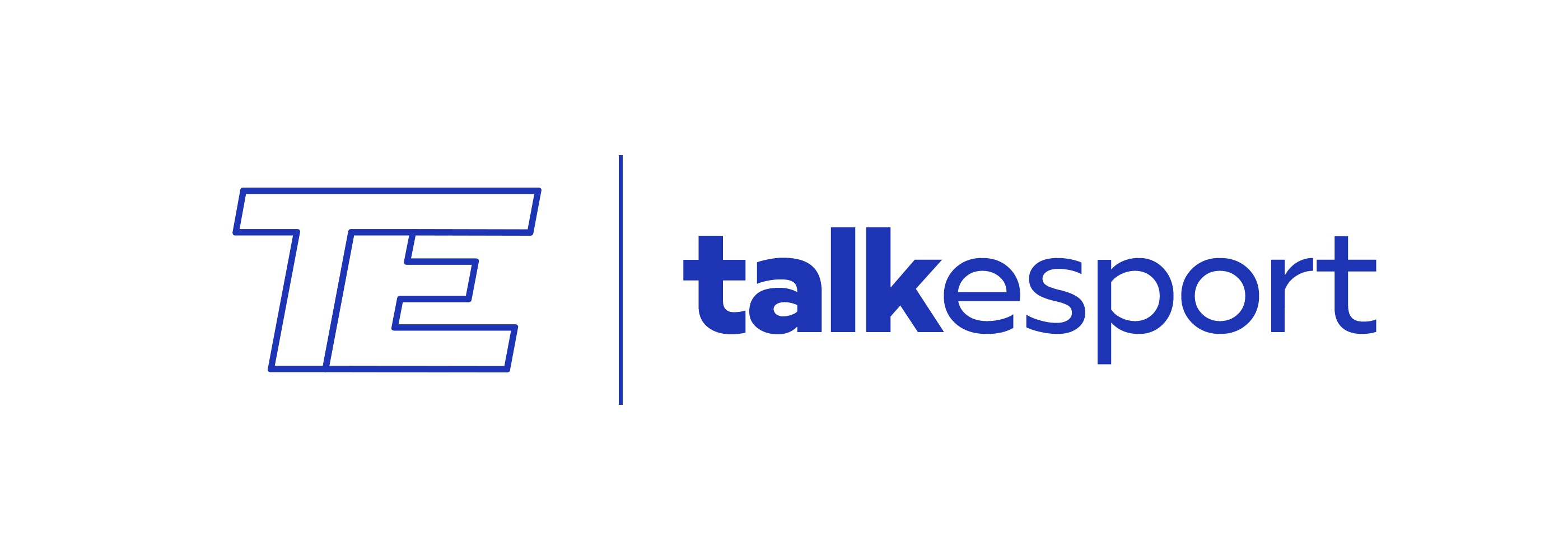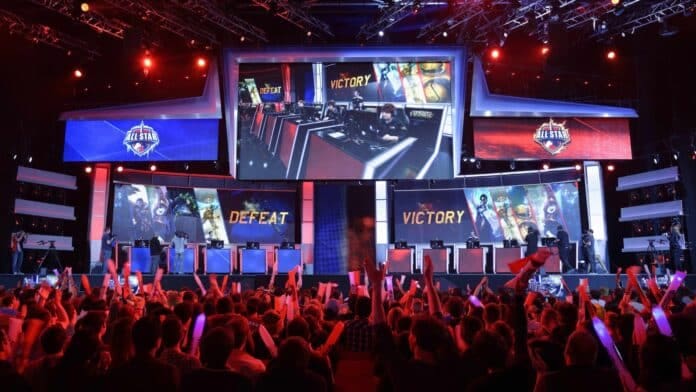Esports, or electronic sports, refer to organized video game competitions that are often played at a professional level. While the world of esports is growing rapidly, it is not immune to issues of fair play and the responsibility of organizers and players to uphold the integrity of the competition.
One major aspect of fair play in esports is cheating. Cheating can take many forms, such as using hacks or glitches to gain an unfair advantage over opponents, or simply not adhering to the rules of the game. This can undermine the legitimacy of esports competitions and lead to a lack of trust in the fairness of the competition.
To address this issue, esports organizers must have strict rules in place to prevent cheating and enforce penalties for those who are caught breaking the rules. Players also have a responsibility to adhere to these rules and refrain from cheating.
Another aspect of fair play in esports is match fixing, where players or teams intentionally lose a match in order to gain a financial advantage. This is a serious issue that can damage the reputation of esports and erode trust in the integrity of the competition.
To prevent match fixing, organizers must have robust systems in place to detect and investigate any suspicious activity. Players must also be held accountable for their actions and face penalties if they are found to have participated in match fixing.
In addition to preventing cheating and match fixing, it is also important for esports organizers to ensure that all players are treated fairly and have an equal opportunity to compete. This includes providing a level playing field, both literally and figuratively, as well as addressing any issues of discrimination or harassment.
Overall, the responsibility of fair play in esports falls on both organizers and players. By working together to uphold the integrity of the competition and ensure that all players are treated fairly, the esports industry can continue to grow and thrive.


